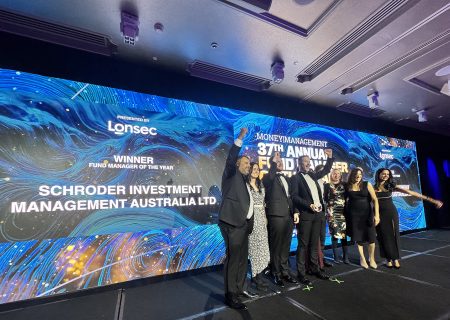
Media release: Super fund returns hit double digits for FY25
Super funds have delivered a third straight year of strong returns, with shares rallying in the final quarter to push full year returns into double…
Media release: Super fund returns hit double digits for FY25 Read More »






